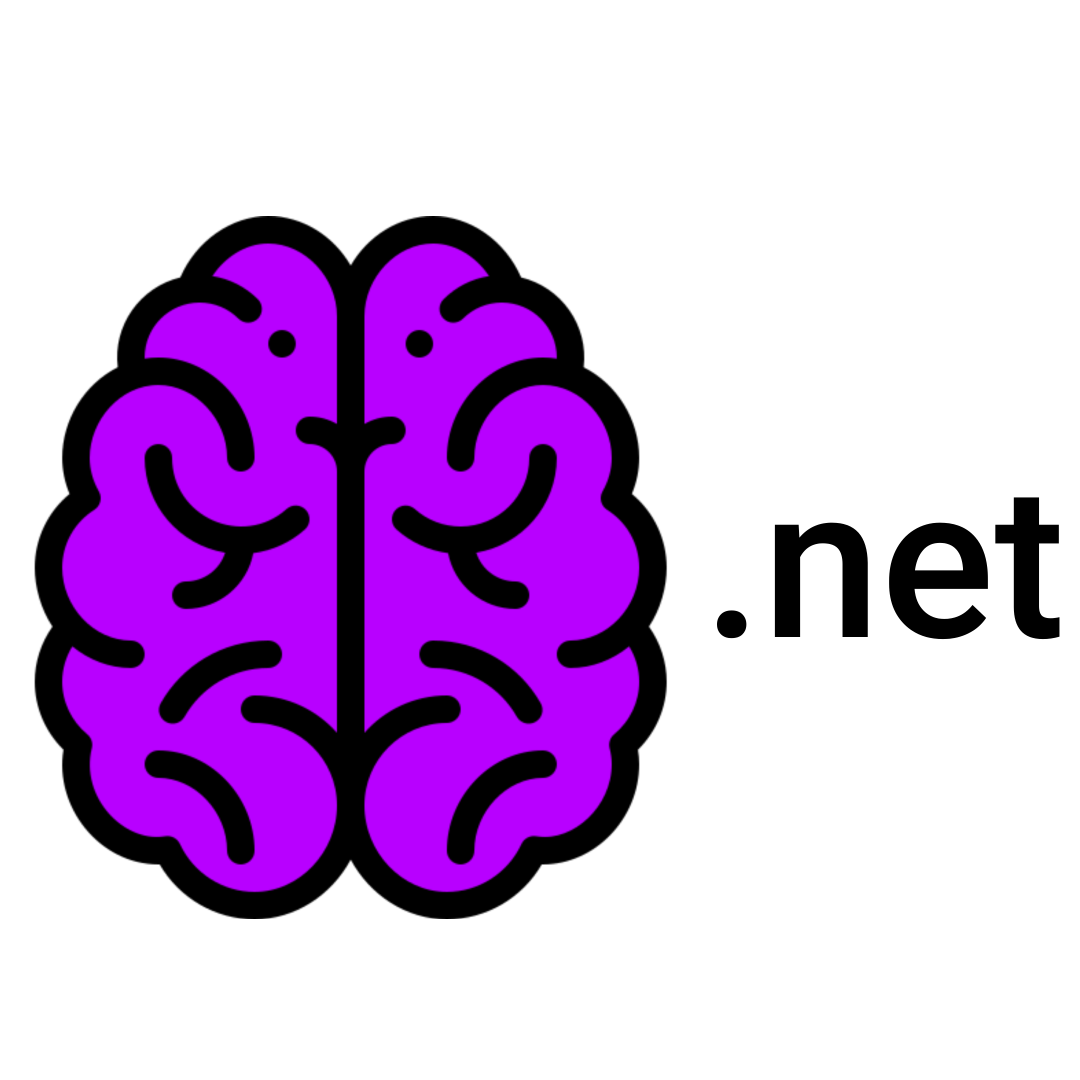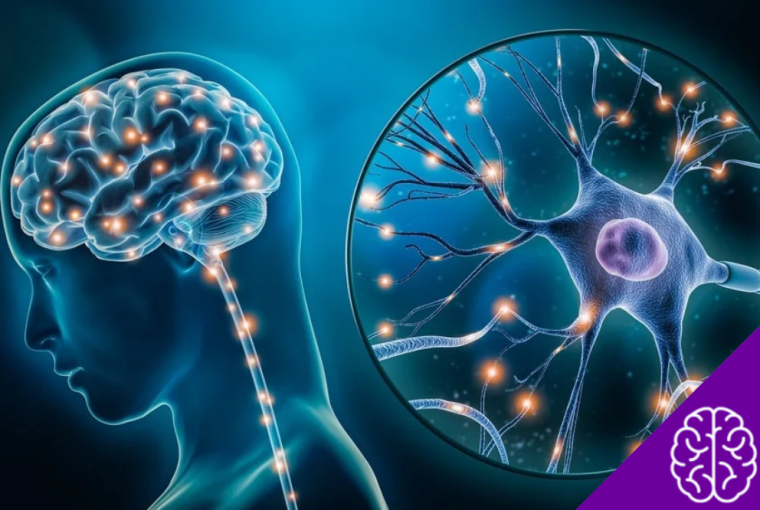The human brain, weighing just about three pounds, is the most complex organ in the known universe. It governs everything we do—from basic survival functions like breathing to intricate processes like creating art or solving mathematical equations.
Despite centuries of research, neuroscience is still unraveling the brain’s countless enigmas, leaving us with more questions than answers.
In this post, we’ll explore curiosities about the brain that science is still striving to fully understand. From the fascinating realm of dreams and memory to lesser-known perceptual phenomena, these mysteries will have you appreciating just how extraordinary our minds truly are.
The Fascinating World of Dreams
Why do we dream? It’s a question that has mystified researchers and philosophers for centuries. While sleep scientists have identified the stages of sleep, including rapid eye movement (REM) sleep when most vivid dreams occur, the purpose of dreaming remains unclear.
Theories About Dreaming
Some researchers believe dreaming is a way for the brain to process emotions and experiences. For instance, stressful or confusing dreams may be the mind’s way of working through unresolved anxieties.
Others argue dreams are merely random neuronal firings, a byproduct of the brain “resetting” itself overnight.
Interestingly, studies suggest that dreams might also play a role in problem-solving. History is full of anecdotes about people having “Eureka!” moments in their sleep, such as the invention of the periodic table by Dmitri Mendeleev, which came to him in a dream.
Do Animals Dream?
If you’ve ever watched a dog twitching its paws in its sleep and wondered if it’s chasing imaginary squirrels, you’re not alone.
Many scientists believe animals do indeed dream, as their sleep patterns exhibit REM stages similar to humans. However, what they “see” in their dreams remains a mystery.
Memory: How Reliable Is It?
Memories are central to our identity, shaping how we interact with the world. But, surprisingly, memory is far from foolproof. The way the brain stores and recalls information continues to amaze (and sometimes bewilder) scientists.
Why Do We Forget?
Whether it’s the details of last week’s conversation or your grocery list, forgetting is a universal experience. But why does it happen?
One theory is that forgetting helps the brain prioritize important information over less relevant details. However, other circumstances, such as stress, fatigue, or trauma, may hinder memory retention.
False Memories
One of the most perplexing aspects of memory is the phenomenon of false memories. Studies show that it’s remarkably easy to implant memories of events that never actually occurred. This is why eyewitness testimonies often vary drastically, even when describing the same event.
Savant Memory
On the flip side, savant syndrome presents another puzzle. Certain individuals, often on the autism spectrum, display extraordinary memory capabilities, such as recalling every detail of a specific date or learning a language in mere weeks.
Scientists are still working to understand what gives these individuals such a unique neurological advantage.
The Mystery of Consciousness
Consciousness is considered one of the “hard problems” of neuroscience. The ability to be self-aware, process external stimuli, and think introspectively is what separates humans from most animals.
However, no one can definitively explain what consciousness is or how it arises in the brain. Some researchers argue that specific neural networks give rise to consciousness, while others suggest it may emerge from quantum processes within the brain.
Altered States of Consciousness
Even more puzzling are the altered states of consciousness caused by meditation, deep prayer, or psychedelic substances.
For instance, why do certain individuals report profound spiritual or out-of-body experiences during these states? Current research hints that these experiences may result from changes in how different regions of the brain communicate.
Perceptions That Challenge Reality
The brain does not offer an accurate, objective view of the world but rather interprets sensory information to create a “version” of reality. Sometimes, this interpretation can be wildly different from the truth.
Optical Illusions
A classic example is optical illusions. Why do our brains see movement in static images or perceive one line to be longer than another when they’re the same length? It’s because the brain relies on contextual cues to process visual information.
The Phantom Limb Phenomenon
Another curiosity is the phantom limb phenomenon, where amputees feel sensations, pain, or even movement in a limb that no longer exists. Neuroscientists believe this occurs because the brain’s sensory map still retains the “memory” of that missing limb.
Synesthesia
Synesthesia, a condition in which individuals experience a blending of senses (e.g., seeing music as colors), also highlights the brain’s extraordinary perceptual abilities.
For instance, someone with synesthesia might say, “The number 5 is always green,” or “A trumpet sounds like yellow triangles.” While rare, this condition sheds light on how interconnected sensory processing can be.
Why Understanding the Brain Matters
Understanding these mysteries isn’t just a scientific curiosity; it has real-world implications. Improved knowledge of memory can help treat Alzheimer’s disease, insight into consciousness might enhance mental health care, and understanding perception could revolutionize artificial intelligence.
Each new discovery about the brain brings us closer to answering fundamental questions about what it means to be human.
Explore the Wonders of the Mind!
The human brain is a treasure trove of mysteries waiting to be unlocked. From dreams and memory to consciousness and perception, our minds are both the architects of our reality and the greatest puzzles we’ll likely encounter.
Curious to learn more? Stay informed with the latest breakthroughs in neuroscience, share your thoughts in the comments, and keep exploring the limitless potential of the human mind!


